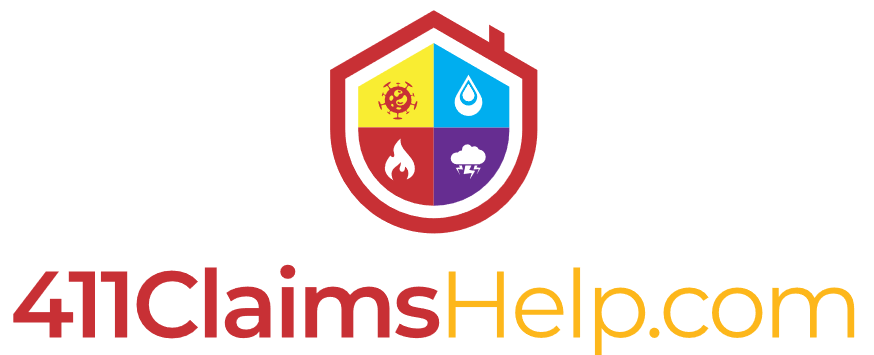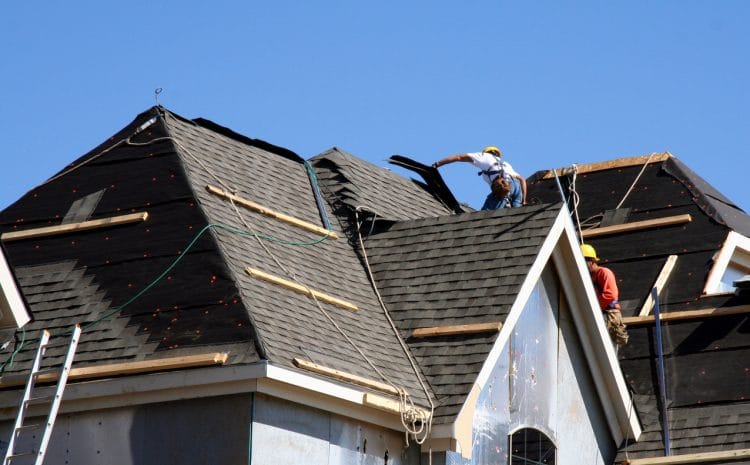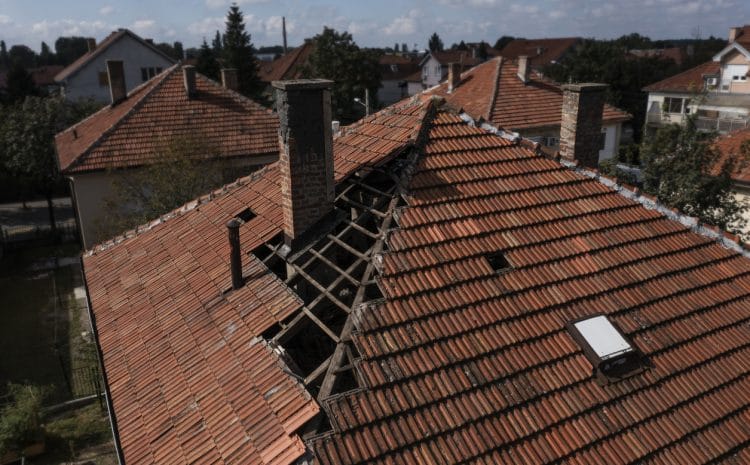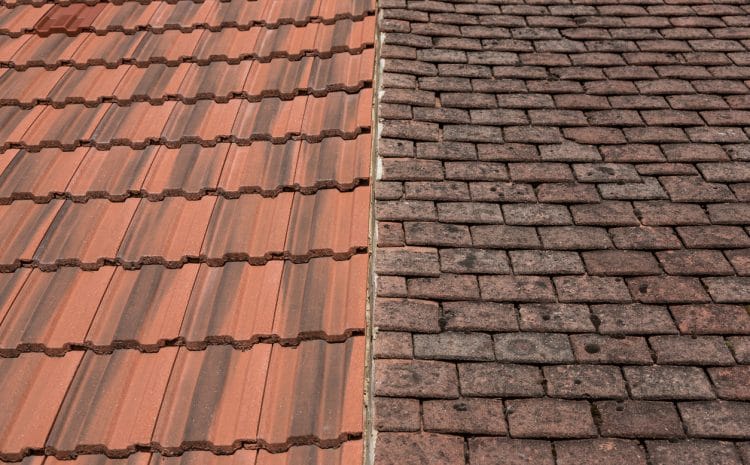Does Home Insurance Cover Damage to Neighbours Property?

When accidents happen at home, the last thing you want is conflict with your neighbour. From a tree falling on their garage to a burst pipe flooding their basement, these incidents raise one critical question: Does home insurance cover damage to neighbours property? The answer isn’t always straightforward. Coverage depends on the cause of damage, liability, and the specific terms of your policy. In this guide, we’ll break down how homeowners’ insurance works when your property impacts your neighbour’s, what’s covered, what’s not, and what steps to take if such a situation arises.
Understanding How Home Insurance Works
Homeowners insurance is designed to protect your property and personal liability. While most people think it only covers their own house, it can also extend protection when your property causes harm to others. However, coverage depends on two major parts of your policy:
- Dwelling coverage: Protects your home structure.
- Personal liability coverage: Protects you when you’re legally responsible for injury or property damage to others.
When it comes to your neighbour’s property, personal liability coverage is often the section that comes into play. But whether your insurer pays depends on whether you were negligent or if the damage was purely accidental.
Common Scenarios: When Does Home Insurance Cover Neighbour’s Property?
Let’s look at real-world examples to understand how this works:
Tree Falls on Neighbour’s Property
If your healthy tree falls during a storm and damages your neighbour’s roof, your neighbour’s insurance typically covers their own repairs. However, if the tree was diseased and you ignored it, your liability coverage may need to pay for their damages.
Water Damage from Plumbing Issues
If your pipe bursts and leaks into your neighbour’s property, your liability coverage may cover their repairs—especially if negligence is proven. But if the incident was sudden and accidental, both you and your neighbour may need to file under your respective policies.
Fire Damage Spreads
If a fire starts in your kitchen and spreads to your neighbour’s house, your personal liability coverage is likely responsible for paying their damages.
Property Damage from Renovations
If contractors working on your property accidentally damage your neighbour’s wall, your insurance (or the contractor’s liability insurance) should cover it.
These scenarios highlight that negligence often determines whether your policy extends to your neighbour.
What Is Not Covered Under Home Insurance?
Just as important as knowing what’s covered is knowing what’s excluded. Common exclusions include:
- Normal wear and tear: If damage results from your neighbour failing to maintain their property, your insurance won’t step in.
- Acts of nature: Storms, floods, and earthquakes usually fall under each property owner’s policy, unless negligence applies.
- Intentional damage: Any deliberate harm is not covered.
- Business activities at home: Damage caused during unreported business activities at home is excluded.
These exclusions reinforce why both parties need adequate coverage and clear maintenance of their properties.
Liability Coverage Explained
The backbone of whether your insurance covers your neighbour’s property is liability coverage. Standard homeowners policies include anywhere from $100,000 to $500,000 in personal liability protection. This coverage helps pay for:
- Repairs to damaged property
- Legal fees if your neighbour sues
- Medical expenses if injuries occur
However, if damages exceed your liability limit, you could be personally responsible for the remaining costs. For higher-risk homeowners, an umbrella policy may provide extra peace of mind.
Steps to Take If Your Property Damages Your Neighbour’s
If you’re faced with this situation, handling it quickly and calmly can prevent disputes. Here’s what to do:
- Document the damage: Take photos and videos immediately.
- Notify your insurer: Report the incident as soon as possible.
- Communicate with your neighbour: Be transparent about the process.
- Provide policy details if requested: Share liability coverage information.
- Cooperate with adjusters: Both insurers may send investigators to assess negligence.
Acting responsibly can smooth the claims process and maintain good neighbor relations.
How to Prevent Neighbour Property Damage Issues
While insurance provides financial protection, prevention is always better. Consider these proactive steps:
- Regularly inspect and trim trees near property lines.
- Keep plumbing systems well-maintained.
- Hire licensed contractors for renovations.
- Maintain fire safety systems like smoke detectors and extinguishers.
These measures not only protect your home but also reduce the chances of disputes with neighbours.
Legal Considerations and When to Get Help
Disputes about whether insurance should cover damages often become legal issues. If your insurer denies a claim or your neighbour demands compensation beyond coverage, it may be wise to consult a professional. An experienced attorney or claims expert can clarify your rights and obligations.
If you’re facing challenges, you can speak with a Home Property Damage Lawyer who specializes in these cases. They can help negotiate with insurers and protect your financial interests.
Linking Insurance Coverage with Peace of Mind
Home insurance isn’t just about protecting your walls and roof—it’s about shielding yourself from liability and ensuring peaceful neighbourly relations. While every situation is unique, understanding the basics of coverage, exclusions, and liability can help you prepare for unexpected events.
For more information on navigating the claims process, you can explore Property Damage Insurance Claim resources to get expert guidance.
Frequently Asked Questions
Q1: Does home insurance always cover damage to a neighbour’s property?
Not always. Coverage depends on whether negligence can be proven. If damage occurs due to unavoidable natural events, your neighbour’s policy typically covers their own losses.
Q2: If my tree falls on my neighbour’s car, is it covered?
If the tree was healthy and fell due to a storm, your neighbour’s auto or property insurance pays. If the tree was diseased and you neglected it, your liability insurance may pay.
Q3: What if my neighbour’s insurance company comes after me?
This is called subrogation. Their insurer may try to recover costs from your insurer if they believe you were negligent.
Q4: Can my home insurance rates go up after a claim involving my neighbour?
Yes. Filing liability claims can impact your premiums, even if you weren’t directly at fault.
Q5: What happens if the damages exceed my liability coverage?
You may be personally responsible for costs beyond your coverage limits. An umbrella policy can provide extra protection.
Q6: Should I get legal advice before speaking with my neighbour’s insurer?
Yes. It’s often best to consult a lawyer before giving statements that could affect liability decisions.



